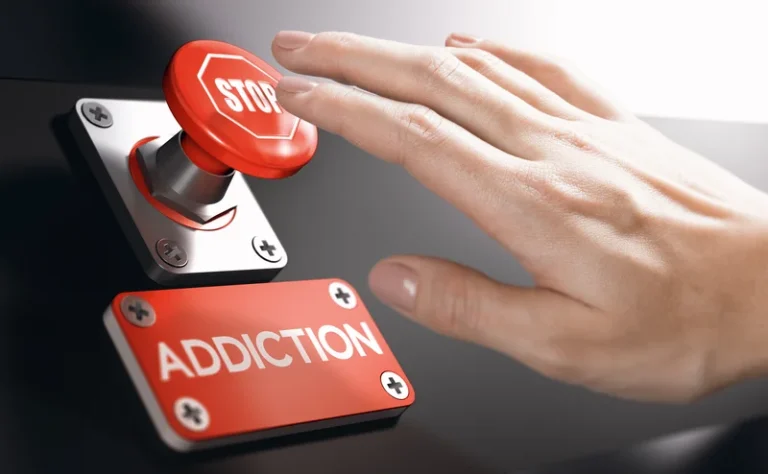Sober living Març 11, 2021
How to Handle Peer Pressure Fairfax County Public Schools

For instance, two friends might put positive pressure on each other to go to the gym together and stay accountable for their fitness goals. The relentless push for achievement, fueled by parental peer pressure, can lead to burnout among children, where they lose interest in activities that were once enjoyable or fulfilling. As parents push their children to excel in various spheres, the pressure can create a rift in the parent-child relationship, leading to resentment and a lack of emotional closeness. Family time often becomes secondary to the pursuit of extracurricular achievements, further diminishing the sense of unity and support within the family. Parental peer pressure is an increasingly recognized phenomenon where parents feel compelled to meet or exceed the parenting standards and accomplishments observed among their peers.
Does parental pressure cause stress?
- When achievements are driven by external validation rather than personal interest or satisfaction, children may struggle to find joy in learning and exploration.
- Finding the right balance between independence and supervision can help children feel supported while also giving them room to grow.
- Such feelings can impact the overall well-being of the parent and create a tense family environment, demonstrating the emotional toll of striving to meet perceived parental standards.
- Parental peer pressure is an increasingly recognized phenomenon where parents feel compelled to meet or exceed the parenting standards and accomplishments observed among their peers.
- Encourage them to talk about it with another trusted adult, like a teacher, a school counselor, a doctor, or a therapist.
Peers play a large role in the social and emotional development of children and adolescents. It is natural, healthy and important for children to have and rely on friends as they grow and mature. Peer pressure is a multifaceted phenomenon that can significantly impact individuals and families. Here, we explore various aspects of peer pressure, particularly focusing on its effects and comparisons with parental pressure. The impacts of parental peer pressure extend beyond mere discomfort, affecting the emotional, psychological, and social well-being of both parents and their children.
A Parent’s Guide to Robotics for Kids
- Confidence in one’s parenting style is a powerful antidote to parental peer pressure.
- Participants reported that they feared being neglectful during those upheavals, and they overcompensated with parental pressure.
- It can be just the push your child needs to join a new club at school, try a new sport, study for better grades, or attend college.
- It may shake your sense of identity and self-confidence and may contribute to excessive worry.
- Seeking professional support goes beyond normalising – it can unearth root causes behind sensitive topics that peers may unconsciously prey upon.
Most kids strongly desire to fit in and are especially sensitive to being picked on, made fun of, or ostracized. Consequently, they’re often eager to do the how to deal with peer pressure things their peers tell them to do. Research has found that children with low self-concept are more susceptible to peer influence and a desire to conform.
ways to cope with parental peer pressure

Cultivating a network of support that reinforces personal values over societal expectations can also provide a bulwark against these pressures. Ultimately, the journey of parenting should be guided by love, understanding, and the genuine interests of the family, free from the shadows of comparison, fostering a healthier, happier family life. Parental peer pressure, a subtle yet pervasive force, has significant implications for both the emotional well-being of parents and the developmental health of children. Recognizing its presence is the first step towards fostering a more supportive and less competitive parenting environment.
- Of course, you want your child to be successful, have friends, and do well in school.
- Encouraging your teen to hang out with peers who are involved in their communities, sports, and academics, may influence your teen to embody those same behaviors.
- If you suspect that your child is being negatively affected by peer pressure, let them know you are someone they can trust and offer to make a plan for getting out of a bad situation.
- Although parents worry about the influence of peers, overall, parents also can have a strong influence on whether children succumb to negative peer pressure.
- “24/7 online exposure has made peer pressure constant and inescapable—something many parents didn’t have to navigate growing up,” she says.
- Kids can also establish these codes with siblings and trusted friends to get them out of hairy situations, like unwanted attention at a party or pressure to sleep over at someone’s house.
- “Other things to keep in mind are issues like high sensitivity, (children) not knowing what to say, or (if the child has) a developmental disability,” she says.
- Teach your child how to say no, help them develop the skills to think independently, and encourage self-confidence.
- This excuse “suggests a busy schedule and personal commitments as the reason for refusal.
- And, in my experience, that feeling will make all the difference in the world.
The focus on external achievements and comparisons, a direct impact of peer pressure, can erode the quality of family relationships. This sign underscores the pressure on parents to provide the best for their children, even at significant cost. Studies have shown that constant comparison by parents can lead to anxiety and other mental health problems for children. Parental peer pressure is an increasingly recognized issue in modern parenting, affecting families worldwide. This nuanced form of pressure can subtly infiltrate parenting practices, leading to significant stress and unrealistic expectations. This can work well for kids still heavily preoccupied with being pegged as “uncool” for turning their friends down.

“My parents would kill me, and I can’t afford to be grounded right now.”



LEAVE A COMMENT